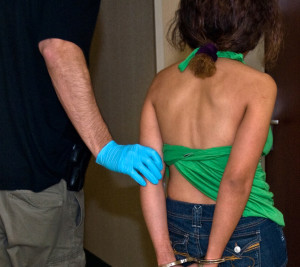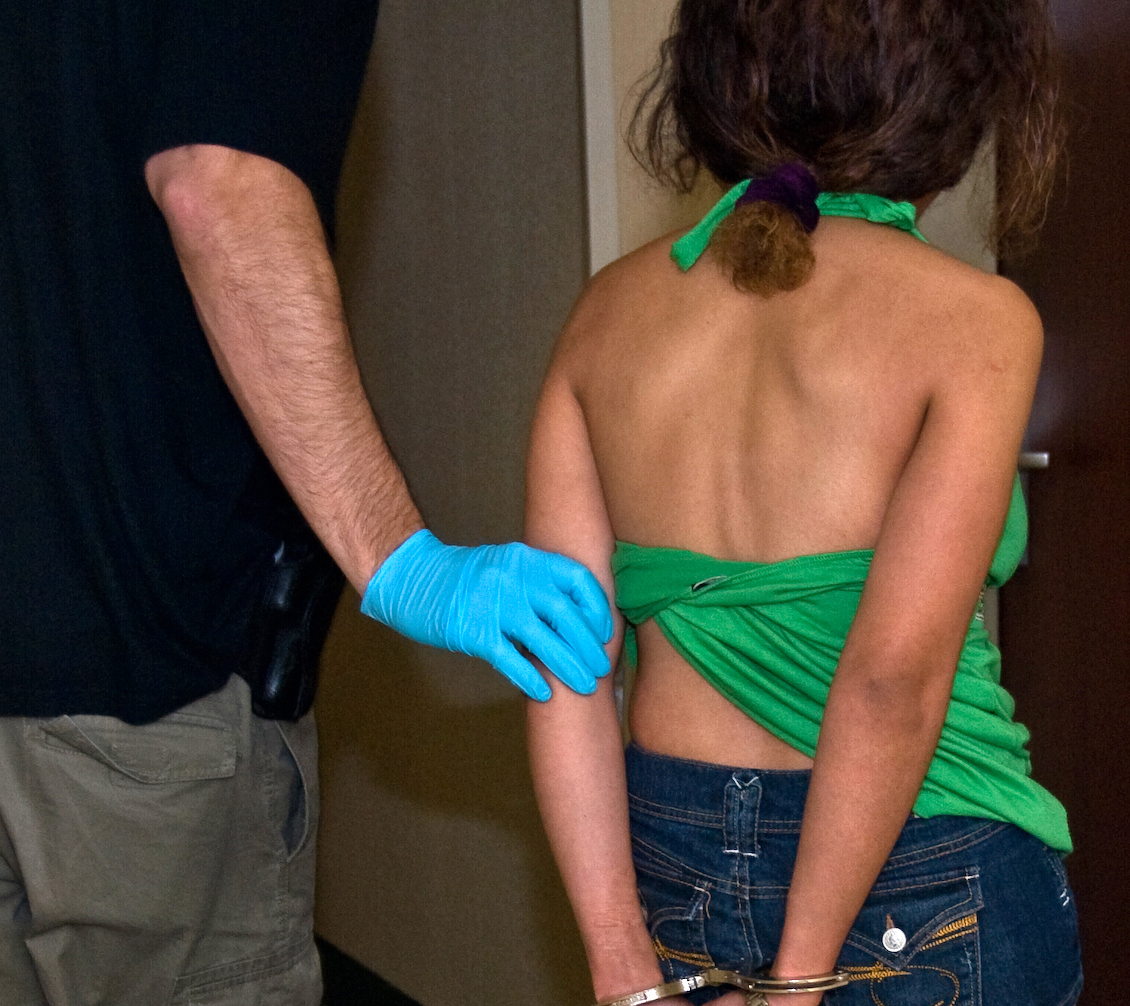
Juvenile law can be intimidating even for an experienced attorney who doesn’t have experience practicing in the
juvenile court system. While the basic constitutional principals of due process and “ innocent until proven guilty” apply, the procedure and nomenclature are quite different
than adult court.
For starters, the accused is not entitled to bail nor does he or she have the right to a trial by jury. If the case does proceed to litigation it is referred to as a”
jurisdictional hearing”. If the defendant enters into a plea bargain, he would enter a plea “admitting the petition”, not “pleading guilty” to the charge as is common in adult court. If the matter were to go to trial, it would be heard by a bench officer, (usually a judge), and the standard is the same as in adult court – “beyond a reasonable doubt”. The rules of evidence are the same as adult court and testimony is taken the same way. If the hearing officer determines that there is sufficient evidence to convict beyond a reasonable doubt then the petition is deemed to be true and the minor is held to be a ward of the court and subject to its jurisdiction.
It is critical to obtain the services of an attorney from the outset for the following reasons: because there is no option of posting bail, it is imperative to convince the judge at the first hearing to release the minor into the custody of the parents if the minor has been arrested and is in custody. If the minor has been issued a citation or received a notice to appear and is out of custody it is important to convince the judge not to take the minor into custody. Matters for consideration to determine whether or not custody is appropriate include; the extent of involvement of the parent(s) in the minor’s daily life, the level of discipline and structure in the home, the minor’s performance in school, the severity of the charges, and the prior criminal history of the minor.
It is important to remember that the purpose of the juvenile court system is to rehabilitate the minor into being a productive member of society in addition to the punitive aspect. As such, the probation department plays an outsized role in juvenile court and is very involved in making recommendations to the court for what the punishment should be at the “
dispositional hearing” or sentencing hearing. It is common practice for the probation department to interview the minor’s parents or legal guardians and contact the minor’s school. There are things that probation officers look for, particularly when it comes to home structure and discipline, and advice from an attorney on how to communicate effectively with the probation department can make a huge difference in the final disposition of a case. Though the court has the final say, Judges are very deferential to probation and put a lot of weight into their recommendations.
As discussed above, everyone has a right to due process and as such, the accused has the right to a bench trial and is presumed innocent until proven otherwise. If the case is resolved through the process of a plea bargain it can be very helpful to have a positive report from the probation department before entering a plea or “admission” as it referred to in juvenile court. This can be generated by asking the court to continue the arraignment and have the probation department prepare a “654/790″ report. The Welfare and Institutions Code of California contains certain options available to the Juvenile Court allowing for informal probation and dismissal of charges upon successful completion of the probation terms. Also available for more serious charges including certain felonies is a provision in the Code for a “deferred entry of judgment” in which the minor would “admit the Petition” (plead guilty) and sentencing would be put off for a determinate time between one year and three years. If all the terms of formal probation are followed and the minor remains crime free for the duration of the stipulated term, the court can dismiss all the charges at the next court hearing and there is no “true finding” (conviction) on the minor’s record. After reaching the age of !8, the minor would be eligible to petition the court for an order to seal the record.
Every case is unique with a separate set of facts. Navigating the juvenile court system can be a confusing maze for the novice. Obtaining an
experienced attorney who has extensive criminal trial experience and specifically juvenile court experience can make the difference in what goes on your record or what stays off your record for the rest of your life. There is no need to take that chance.


